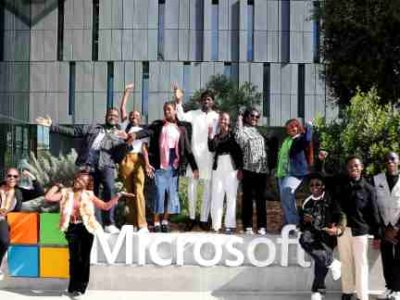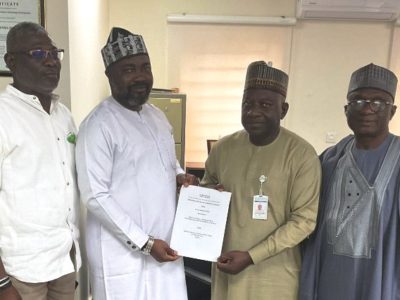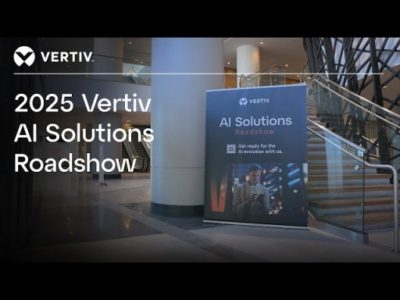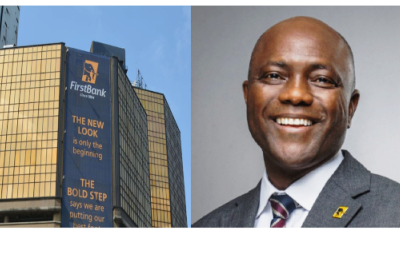
The Federal Ministry of Works (FMoW) and the Federal Ministry of Communications, Innovation, and Digital Economy (FMoCIDE) have established a Joint Standing Committee on the Protection of Fiber Optic Cables. A decisive move to safeguard Nigeria’s critical digital infrastructure, the committee aims to mitigate frequent disruptions caused by fiber optic cuts. It will address damages resulting from road construction and rehabilitation activities. All of these have adversely affected telecommunications services nationwide.
RELATED: Securing critical infrastructure: The radical possibilities of facial recognition systems
Inaugurated this week in Abuja, the committee’s formation was led by Permanent Secretary Olufunso Adebiyi of FMoW and his counterpart, Farouk Yusuf of FMoCIDE. High-level officials from the Nigerian Communications Commission (NCC), including Executive Vice Chairman/CEO Dr. Aminu Maida, also attended the event. This underscores the government’s unified commitment to this initiative.
Addressing Critical Infrastructure Challenges
The Joint Standing Committee is tasked with establishing robust communication and coordination channels among key stakeholders. Their mandate is to prevent damage to fiber optic cables during road construction or maintenance activities.
“Our goal is to reduce the number of fiber cuts, which have been a persistent source of network outages and service disruptions,” explained Adebiyi.
“We are developing standardized engagement procedures and an instant communication mechanism to ensure that all parties are promptly informed and that preventive measures are implemented.”
The committee will also work closely with Federal Controllers of Works (FCW) to integrate fiber optic placement into the planning and design of road networks. This proactive approach aims to incorporate protective ducts and other infrastructure elements during construction. By so doing, it will be minimizing the risk of inadvertent damage to telecommunications cables.
Enhancing Digital Connectivity and Economic Growth
Dr. Aminu Maida highlighted the broader significance of this initiative.
“Fiber optic networks are the backbone of Nigeria’s broadband ecosystem. Our telecommunications infrastructure supports ultra-fast 4G and 5G services, essential for economic growth and digital innovation. In 2024 alone, over 50,000 fiber cut incidents were recorded, with approximately 30,000 attributed to road construction activities. Reducing these incidents will not only improve service reliability but also reduce costly repair expenses and redundant network investments.”
By preventing unnecessary outages, the committee’s efforts will enable telecom operators to redirect resources towards expanding network coverage. By extension, operators are enabled to enhance service quality. This is expected to foster economic development and contribute to a more robust digital economy—benefiting businesses and consumers alike.
A Collaborative Approach to National Development
The establishment of the Joint Standing Committee is a landmark example of inter-ministerial collaboration. It aligns with broader government initiatives aimed at improving infrastructure and digital connectivity across Nigeria. Both FMoW and FMoCIDE emphasized that protecting fiber optic cables is not just a technical necessity. It is a strategic imperative for national security, economic resilience, and the overall quality of life for Nigerians.
“Every time a fiber cut occurs, it disrupts communications, hinders business transactions, and ultimately affects the daily lives of millions,” noted Yusuf.
“Our commitment is to ensure that our digital infrastructure remains secure and resilient, paving the way for sustained economic growth and technological advancement.”
Securing Nigeria’s digital future
The committee’s work will be closely monitored, with monthly performance reports and regular stakeholder meetings. All of these are planned to assess progress and refine strategies. The government calls on construction companies, telecom operators, and regulatory bodies to support this initiative to secure Nigeria’s digital future.
With this proactive measure, Nigeria is seeking to protect its critical digital assets. The government wants to ensure seamless connectivity and paving the way for a more robust and innovative digital economy.





























